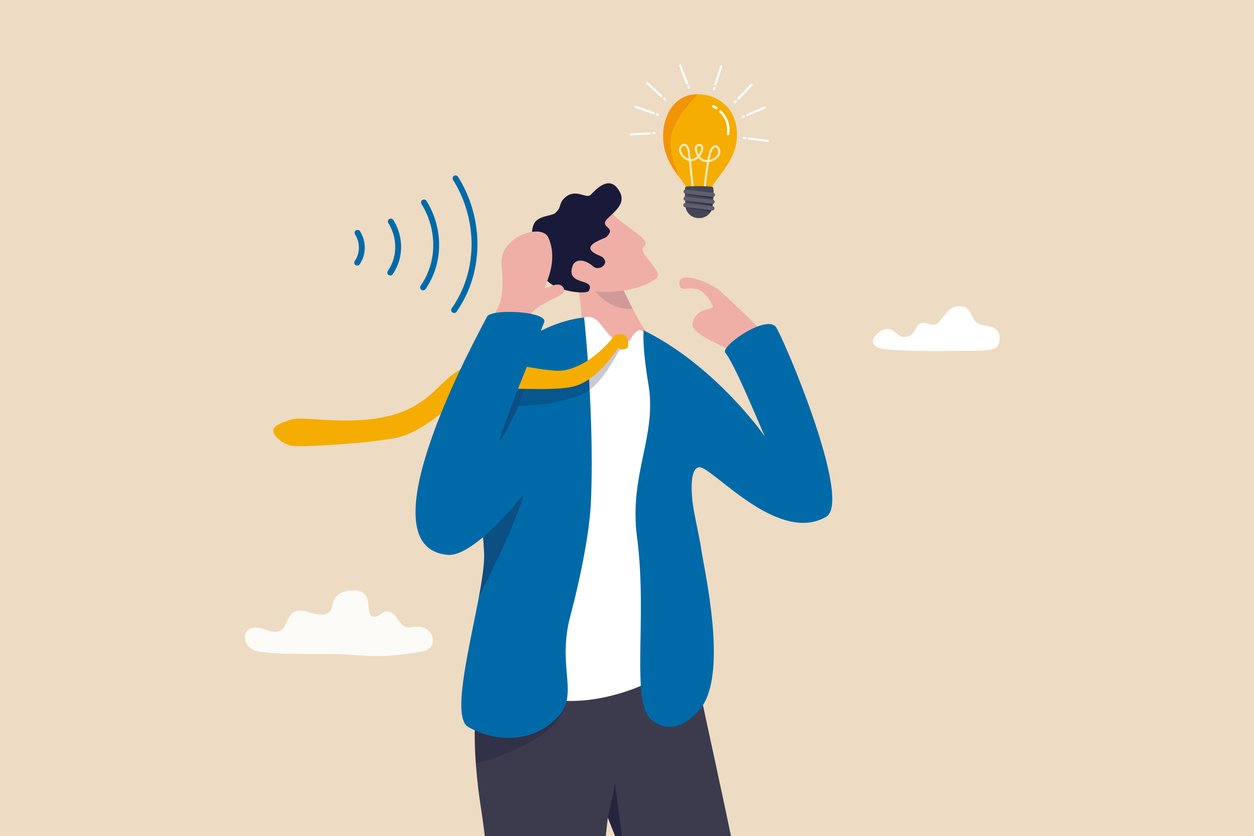In our fast-paced world, the ability to make effective decisions is more crucial than ever. Be it in personal life, at work, or during critical situations, the choices we make can significantly influence our outcomes. However, Find more info of information and the constant demands on our attention can lead to decision overload, making it ever difficult to think clearly and confidently. This article discusses simple yet impactful strategies to enhance your decision-making skills, helping you manage the complexities of choice with greater ease and confidence.
From understanding the psychology behind our decisions to learning how to analyze options in a effectively, mastering the art of smart decision-making is an essential skill. By integrating proven techniques and frameworks into your daily routine, you can simplify your decision-making process and improve both the quality and speed of your choices. We will explore into various aspects of decision-making, including the balance between intuition and logic, the importance of emotional intelligence, and how to overcome the fear of making the wrong choice. With these tools and insights, you can equip yourself to make better decisions, even under stress.
Reliable Techniques for Effective Choice-Making
One powerful technique for boosting the decision-making process is to develop a structured decision-making model. By defining the criteria that are essential most for each decision, individuals can fairly evaluate options based on their objectives and values. This framework not only simplifies the process but also lessens biases that might cloud judgment. For difficult decisions, tools such as decision trees or pros and cons tables can provide a visual representation of choices, helping to elucidate the likely outcomes.
Another strong strategy is to utilize the benefit of intuition while balancing it with analytical thinking. Commonly, intuition stems from past experiences and knowledge, allowing for rapid judgments in uncertain situations. However, combining logic and data analysis ensures that vital information is not ignored. This balance between gut feeling and informed reasoning can lead to more confident choices, especially under stressful situations.
Finally, incorporating mindfulness into the decision-making process can significantly improve clarity and focus. By giving a moment to pause, reflect, and center oneself, individuals can alleviate stress and anxiety associated with making difficult decisions. This habit allows for greater mental clarity and a more deliberate approach, ultimately leading to more informed and more intentional choices.
Managing Stress and Avoiding Fatigue
In the modern rapid environment, making decisions often comes with high levels of stress. This can result in fatigue, causing individuals to choose less informed or rushed decisions. To cope with this stress, it's essential to employ techniques that promote mental clarity. Simple methods such as taking deep breaths, taking a moment away from the stress, or performing brief mindfulness exercises can replenish your mental energy and provide a fresh perspective.

Avoiding decision fatigue is essential for maintaining peak performance in both personal and work contexts. One proven strategy is to reduce the number of decisions you take in a day. By streamlining your routine and defining specific times for significant decisions, you preserve your mental resources for what truly matters. Creating a concise decision-making framework can also assist clarify the process and minimize cognitive overload, allowing you to focus on the critical elements at hand.
In addition, it's important to identify the signs of fatigue and pressure in your decision process process. When you start to feel overwhelmed, pause and check your emotional state. Acknowledging stress can help you use coping strategies, guaranteeing that you do not allow fear or nervousness to cloud your judgment. By prioritizing mental health and creating a balanced approach, you can navigate decision-making with greater confidence and clarity, ultimately leading to better outcomes.
The Balance of Intuition and Logic
In making decisions, finding the optimal equilibrium between instinct and logic can enhance our ability to make successful decisions. Instinct often comes from our unconscious mind, drawing on historical events and sensations that may result in quick, gut-level choices. While this instinctive approach can be advantageous in recognizable situations, it can also result in prejudices and impulsive decisions when faced with new challenges. Thus, realizing when to depend on instinct is crucial for making sound choices.
On the flip side, rational reasoning involves a systematic process of analysis, weighing the pros and cons of various options. This approach promotes thorough evaluation and can uncover insights that gut feelings might miss. However, an over-reliance on reasoning can sometimes lead to paralysis by scrutiny, where individuals become confused with options and data, ultimately impeding decision-making. Striking the appropriate balance between these both approaches enables us to capitalize on the benefits of each while lessening their respective weaknesses.
To nurture this equilibrium, individuals should engage in combining both intuitive insights and analytical analysis in their decision-making. This might involve investing time to reflect on gut feelings while also acquiring pertinent data and perspectives. Participating in mindfulness exercises can help enhance awareness of one’s instincts, while analytical tools can provide a template for evaluating complex situations. By creating a balanced relationship between gut feeling and logic, decision-makers can enhance their effectiveness, resulting in more decisive and comprehensive decisions.
